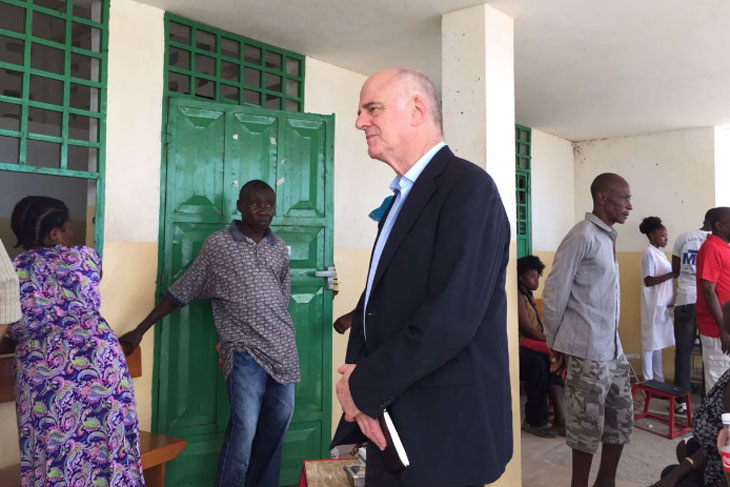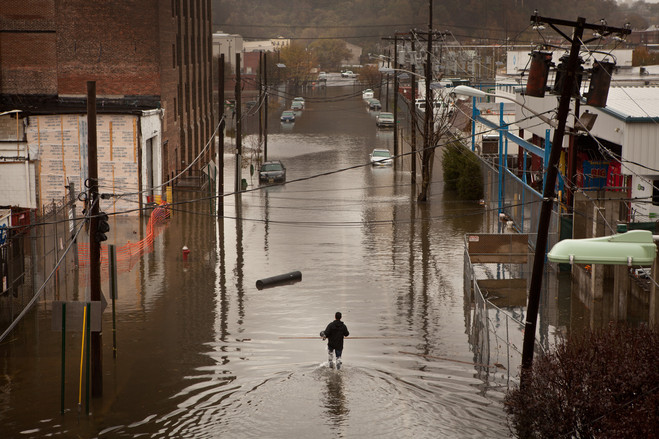From Nov. 30 — Dec. 11, delegates from 194 countries throughout the world will convene in France for the 21st Conference of the Parties (COP21) to the United Nations Framework Convention on Climate Change. This conference on climate change is expected to culminate with a new international agreement to mitigate climate change. FIU Law Senior Scholar Ryan Stoa and Journalism and Broadcasting Professor Juliet Pinto will be in attendance at the conference. In this op-ed, Tiffany Troxler, director of the FIU Sea Level Solutions Center, explains the importance of the international gathering.

Tiffany Troxler, director of the FIU Sea Level Solutions Center

 Food For The Poor teams have discovered 240 people, including 84 women and 62 children, living in a cave in the rugged mountains near Fonds Rouge Dahere, where they have been since Hurricane Matthew hit the countryââ¬â¢s southern peninsula in October. The charity is launching a campaign to help them immediately with lifesaving aid and to build homes. (Photo/ Food For The Poor) User Upload Caption: Families found in caves months after hurricane. - Original Credit: Courtesy - Original Source: Food for the Poor (Courtesy)
Food For The Poor teams have discovered 240 people, including 84 women and 62 children, living in a cave in the rugged mountains near Fonds Rouge Dahere, where they have been since Hurricane Matthew hit the countryââ¬â¢s southern peninsula in October. The charity is launching a campaign to help them immediately with lifesaving aid and to build homes. (Photo/ Food For The Poor) User Upload Caption: Families found in caves months after hurricane. - Original Credit: Courtesy - Original Source: Food for the Poor (Courtesy)


 Image: Senate minority leader Harry Reid, one of the senators who has demanded Republicans reconvene Congress for Zika funding. Photograph: Manuel Balce Ceneta/AP
Image: Senate minority leader Harry Reid, one of the senators who has demanded Republicans reconvene Congress for Zika funding. Photograph: Manuel Balce Ceneta/AP 
Recent Comments